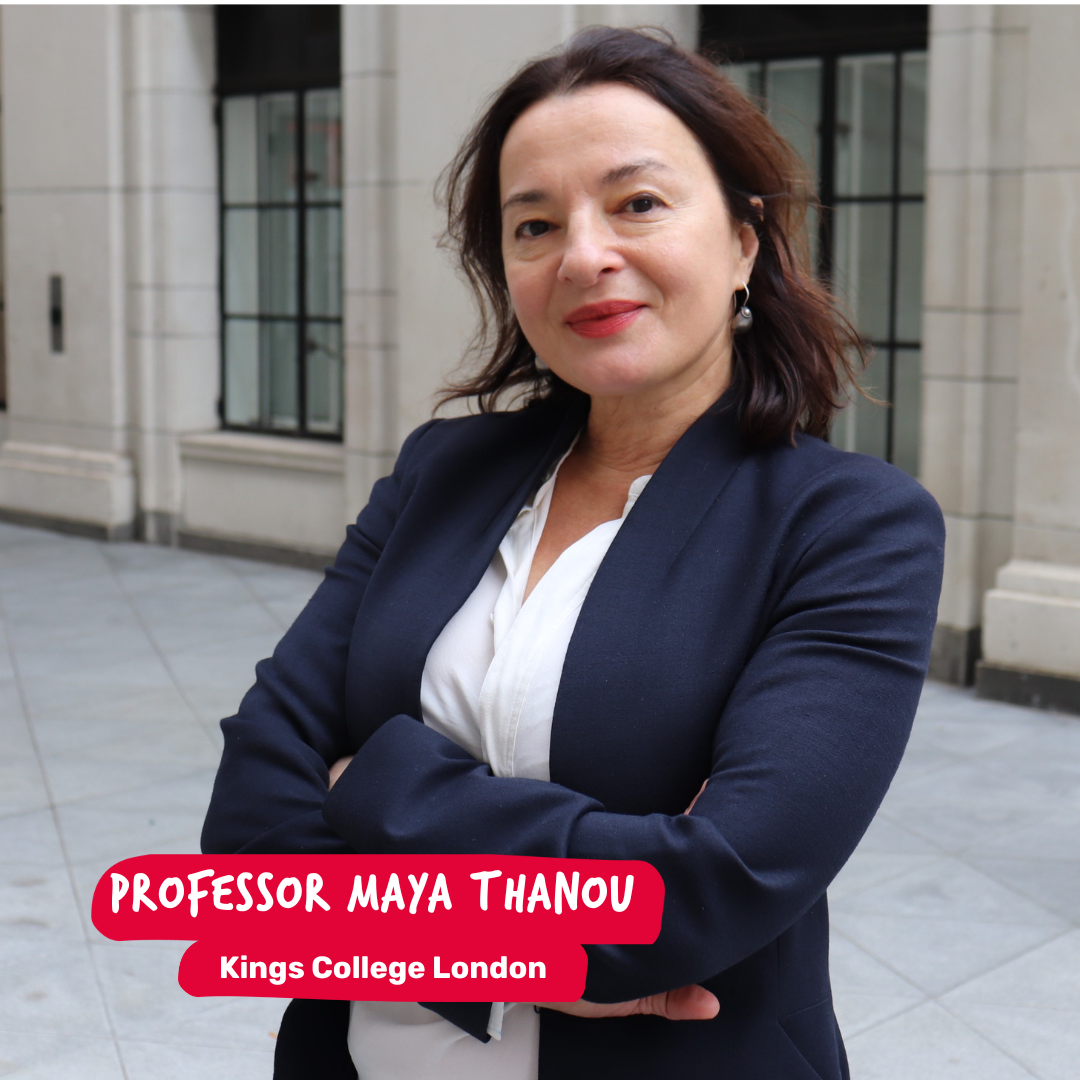Ultrasound-guided, multi-drug delivery for Glioblastoma
Fast facts
- Official title: Activatable Nanoparticles for Brain Tumour Drug Delivery
- Lead researcher: Professor Maya Thanou
- Where: King’s College London
- When: June 2025 – November 2026
- Cost: £400,000 over 18 months
- Research type: Platform, Adult, High grade, Glioblastoma
- Award type: The Translational Award
Glioblastoma is the most common high-grade primary brain tumour in adults. Current standard of care for glioblastoma involves surgery, temozolomide chemotherapy and radiotherapy, which often have adverse side effects. A major obstacle to developing new treatments for brain tumours is the blood-brain barrier (BBB). This barrier prevents harmful substances, like bacteria, viruses and toxins, from gaining access to the brain. However, the BBB also prevents many therapeutics from entering the brain where they could have an effect on brain tumours.
What is it?
Professor Maya Thanou’s group is aiming to overcome this through their new technology called ‘ActNano’. This small molecule acts as a transporter, able to carry and deliver multiple drugs to brain tumours. They are combining ActNano technology with focused ultrasound, which uses targeted waves of energy to briefly open the BBB surrounding the tumour. The ultrasound breaks down the ActNano molecules to release the drugs inside them, so that they only act at the site of the tumour without affecting healthy cells. These small molecules can also be seen on MRI scans, meaning the treatment can be monitored at routine imaging check-ups.
While this technology has the potential to be used on both paediatric and adult brain tumours, this project focuses on glioblastoma. Professor Thanou’s group has selected two different drugs that have been shown to affect brain tumour cells in different ways. They are using lab models to test how well ActNano works, how accurately it targets the tumour, and how safe it is.
The aim is to compare the effects of ActNano with temozolomide and surgery – current treatment for glioblastoma. Professor Thanou also wants to see how this technology works alongside those current treatments.
If successful, this project will move ActNano technology closer to the clinic. The next steps involve increasing the scale of manufacturing, as well as testing the technology to ensure it is made in a consistent and controlled way. This is to make sure that ActNano is completely safe before planning early phase clinical trials.
Prior to securing this grant funding, the proposal was strengthened by the expert advice and guidance on all aspects of their translational pathway to the clinic as part of the Tessa Jowell Brain Cancer Mission and Brain Tumour Research Novel Therapeutics Accelerator (BTR-NTA).
Why it’s important
Designing therapeutics that target brain tumours is difficult due to the restrictive nature of the BBB. Developing ways to deliver drugs across this barrier directly to the tumour could be a promising treatment strategy, without the adverse side effects seen with current treatments.
This funding marks a crucial step in advancing ActNano — our precision oncology technology — from the lab towards the clinic. It enables us to conduct the preclinical studies needed to demonstrate its targeting accuracy and to evaluate how it can work alongside existing treatments. This will give our team the opportunity to develop a more precise and less toxic approach that could ultimately improve outcomes for both adult and paediatric patients, bringing us closer to offering real hope where it’s urgently needed.”
-Professor Maya Thanou
Research is just one other way your regular gift can make a difference
Research is the only way we will discover kinder, more effective treatments and, ultimately, stamp out brain tumours – for good! However, brain tumours are complex and research in to them takes a great deal of time and money.
Across the UK, over 100,000 families are facing the overwhelming diagnosis of a brain tumour and it is only through the generosity of people like you can we continue to help them.
But, by setting up a regular gift – as little as £2 per month – you can ensure that families no longer face this destructive disease.
In this section

Professor Maya Thanou
Professor Maya Thanou is based in the Institute of Pharmaceutical Science at King’s College London and specialises in Pharmaceutical Nanotechnology. Her research focuses on targeted drug delivery and actively collaborating with biotechnology and medical device companies.